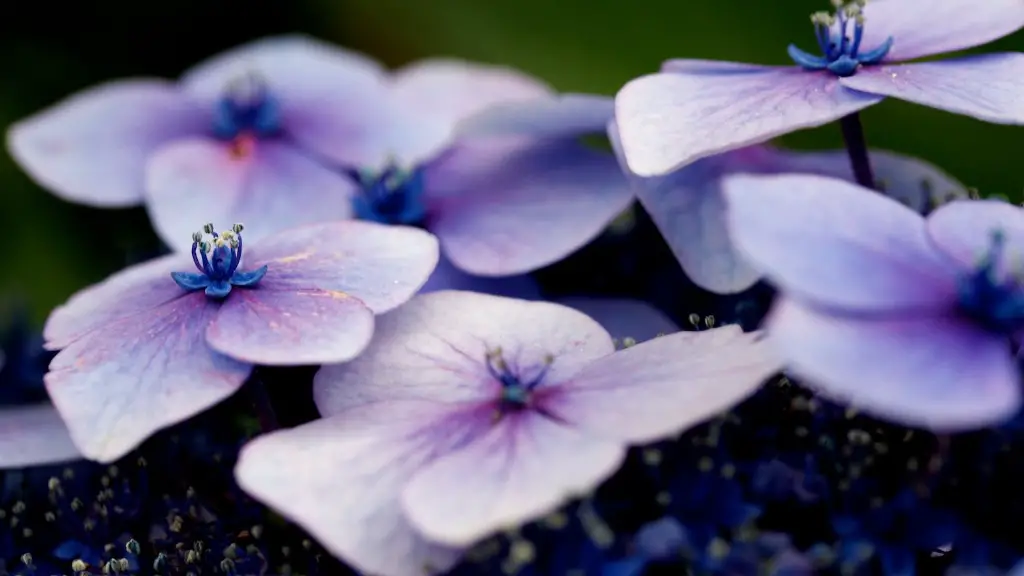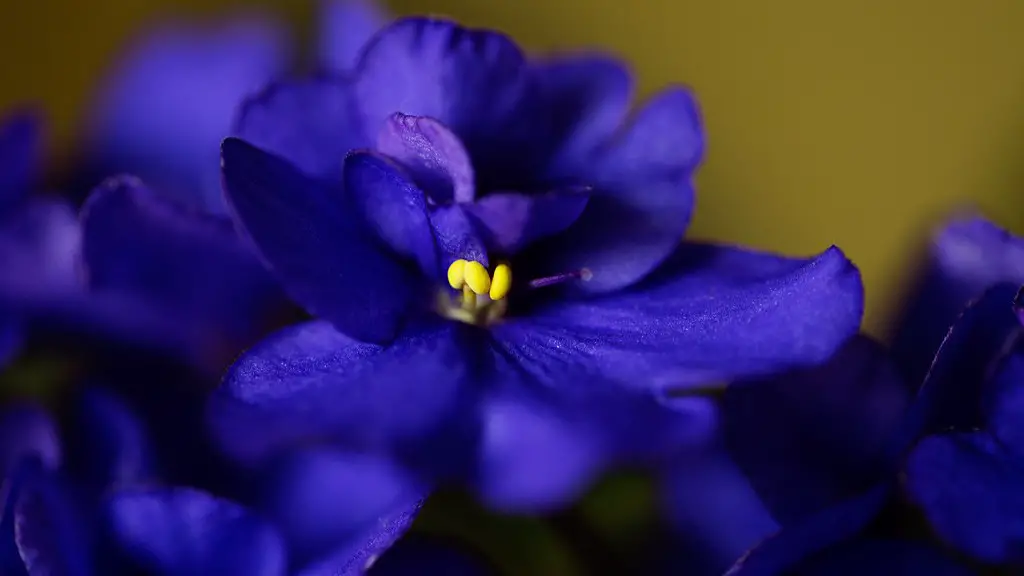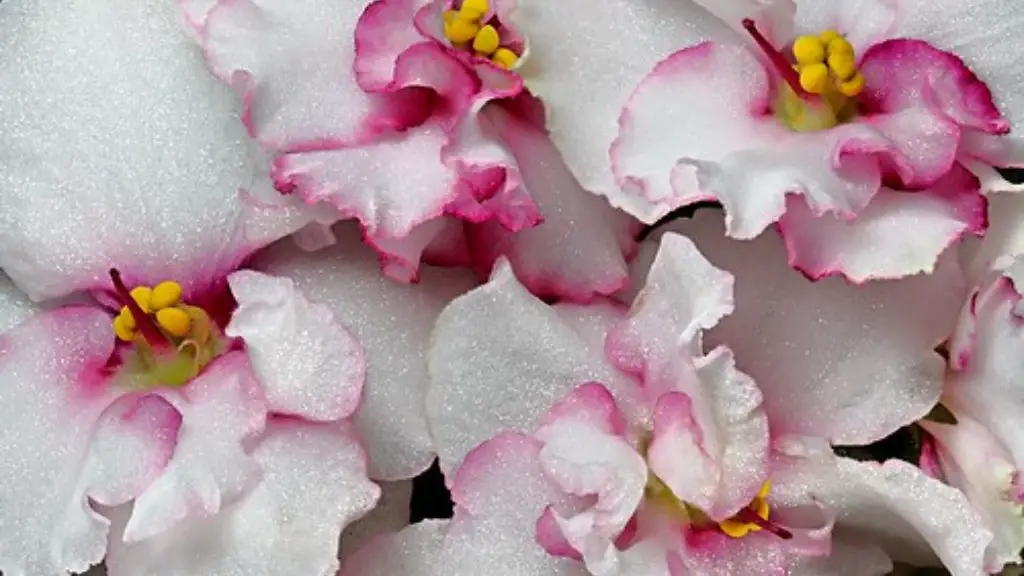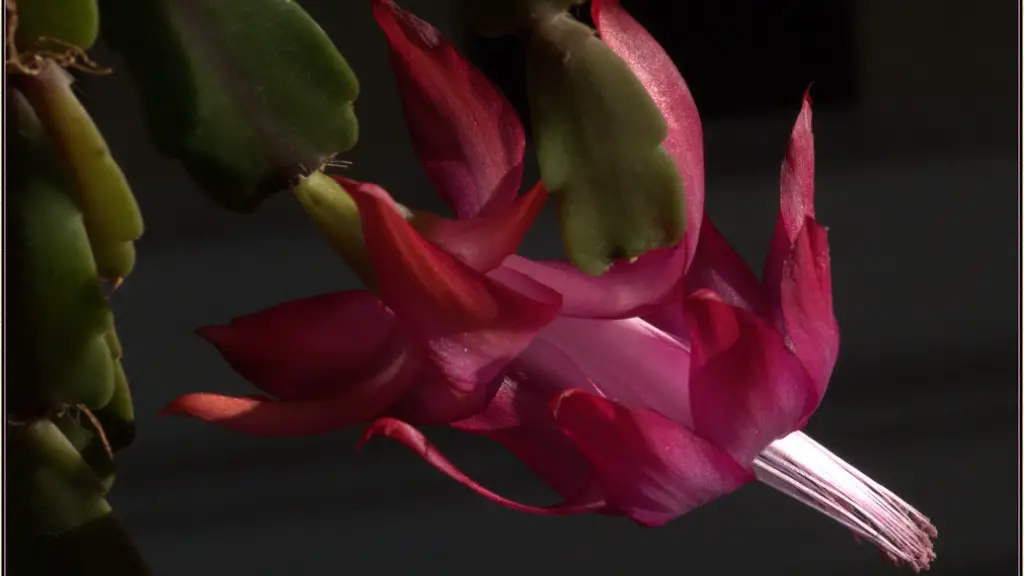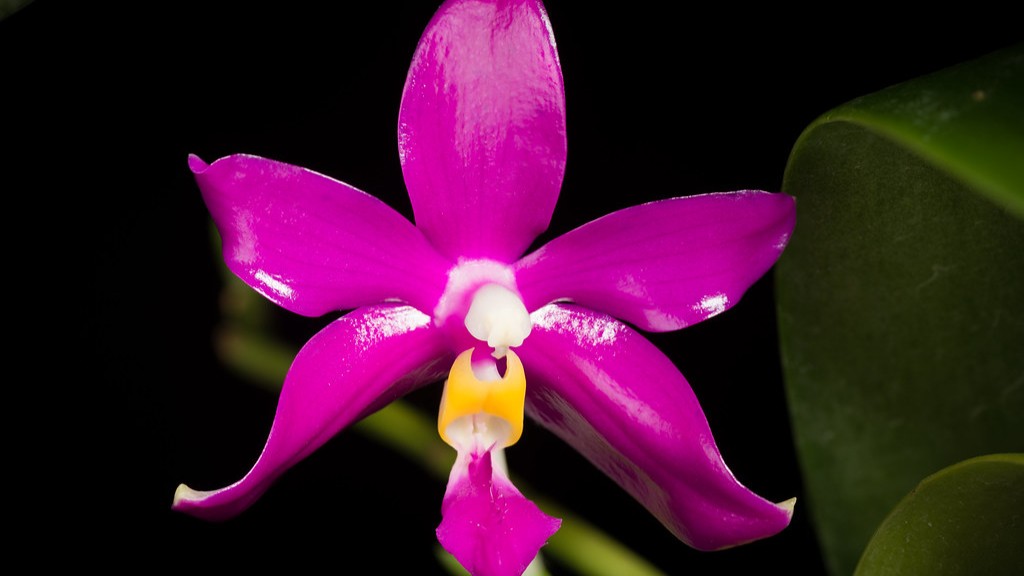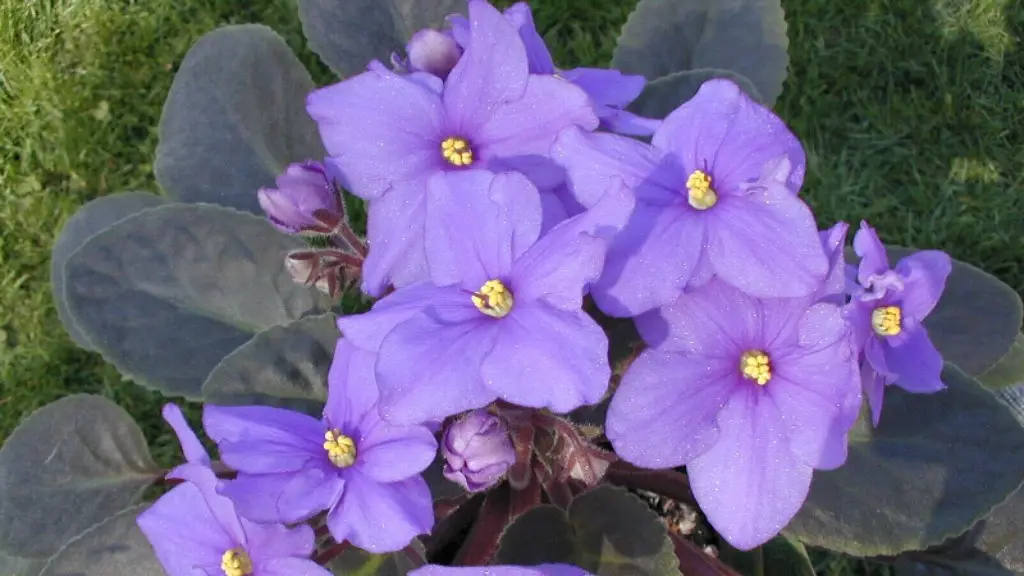If you’re looking for a natural way to care for your African violets, neem oil is a great option. This oil, derived from the neem tree, is effective against a variety of pests and diseases. Plus, it’s easy to use – just mix a small amount with water and spray it on your plants.
There are a few different ways that you can use neem oil on African violets. One way is to add a few drops of neem oil to the water when you are watering your plants. Another way is to mix neem oil with water in a spray bottle and then spray the leaves of the plant.
Can I spray my African violet with neem oil?
African violets are a popular houseplant, and neem oil is a common treatment for both insects and powdery mildew on them. Neem oil is a natural, non-toxic product that is effective against many common pests and diseases.
Neem oil is a natural product that can be used as an insecticide, fungicide, and miticide. It is safe for use around pets and indoor plants, and is considered safe by the EPA. Gardeners can use neem oil on their houseplants and outdoor vegetable gardens to help control pests and diseases.
How do I get rid of bugs on my African violets
If you have a light infestation of Mealy Bugs, you can try rubbing them off with a cotton swab soaked in rubbing alcohol. Then, rinse your African Violet thoroughly with lukewarm water, and let any excess water drain off. Repeat this procedure each day to remove any newly hatched Mealy Bugs.
Neem oil is a great natural solution for serious pest infestations. Simply spray the entire plant—leaves, stems, and soil— with neem oil once a week until there are no more signs of pests on the plant. There is no need to wipe it off. Be careful— some neem oil comes in concentrate and will require diluting.
Do you spray neem oil on soil or leaves?
Neem oil is a natural, effective way to control pests and diseases on your plants. You can use it as a foliar spray, or soil drench, depending on what you’re trying to control. Neem oil is safe for most plants, but be sure to test it on a small area first to make sure there are no adverse effects.
If you use too much neem oil, it can cause the leaves to burn if they are exposed to direct sunlight for a prolonged period of time. You should also avoid using neem oil on young or small plants, as it may be too strong for their roots and buds.
What should you not spray neem oil on?
Basil, caraway, cilantro, dill,marjoram, oregano, parsley, and thyme are all examples of herbs that should not have neem oil sprayed on them. Neem oil can cause foliage burns on plants with delicate or wispy leaves, such as arugula, lettuce, peas, and spinach, so care should be taken when spraying it on these types of plants.
Neem oil is a natural, biodegradable insecticide that is effective against a wide range of insects, including aphids, whiteflies, and mealybugs. When applied to plants, it works by disturbing the insects’ feeding and reproductive habits, causing them to starve or not be able to reproduce. Because neem oil is a natural product, it is safe to use around children and pets and does not require special precautions for storage or disposal.
Should you water plants after spraying neem oil
It’s important to water plants immediately after spraying them with neem oil, but be careful to only water the base of the plant. Water can contribute to the breakdown of azadirachtin, neem oil’s most important insecticidal element.
An east-facing window is ideal for poinsettias, especially with a sheer curtain to block the sun’s harshest rays. They also need eight hours of darkness every night.
How do I know if my African violets have mites?
The Two-Spotted Spider Mite is a common household pest that can cause damage to your plants. These mites are normally light green with dark spots just behind the head. All Spider Mites feed on the undersides of leaves and produce bronze-colored webs which cover the leaves and stems of African Violets. The damage they cause is compounded by the fact that many mites carry Botrytis, a fungus that can infect your plants. If you suspect that you have Spider Mites, you should inspect your plants carefully and look for the tell-tale signs of webs and damage. If you find them, you can treat your plants with an insecticide or mite-killing product.
If your African Violet isn’t blooming, don’t despair! With a little bit of care, you can encourage it to bloom again. Here are eight tips:
1. Let There Be Light: African Violets need bright, indirect light to bloom. If your plant isn’t getting enough light, it may stop blooming. Move it to a brighter spot and see if that encourages new growth.
2. Turn Up the Humidity: African Violets also love humid conditions. If your home is on the dry side, try setting your plant on a tray of pebbles and water.
3. Replenish Essential Nutrients: To encourage blooming, be sure to fertilize your African Violet regularly with a bloom-boosting fertilizer.
4. Keep it Pleasant: African Violets like stable conditions, so don’t move them around too much. Also, avoid drafty areas.
5. Choose the Right Soil: African Violets need well-draining soil that’s high in organic matter. Be sure to choose a potting mix specifically for African Violets.
6. Protect From Pests & Disease: Keep an eye out for pests and disease, and treat
How long does neem oil take to work
Neem oil is effective against a wide variety of pests, but it does take time to work. It may be two days or more before you see a reduction in damage or fewer live insects. You may need to reapply your neem product every three or four days, especially after a rain, to completely get rid of your target pests.
Neem oil is a great way to prevent pests on your plants, and can be used every 2-3 weeks as a preventative measure. If you have an infestation, you can use neem oil more frequently to eliminate the pests.
Can you spray too much neem oil?
If used too frequently, neem oil can harm plants. Neem oil can coat plants in a thin layer of oil, which can choke their leafy pores and prevent them from getting the oxygen they need for photosynthesis and transpiration. Neem oil can also cause foliage burns if applied during the wrong time of day.
Description
Then um start making your foliar spray formulation with the 1 liter warm water plus 10 grams of Kelp Meal, 1 gram of Boron and 1 gram of Zinc. You can use this as a preventative or curative spray.
Warp Up
To use neem oil on African violets, mix 1 teaspoon of neem oil with 1 cup of water. Then, use a clean cloth to apply the mixture to the leaves of the plant.
In conclusion, neem oil can be used on African violets with great success. All you need to do is add a few drops to the leaves of your plant and water as usual. The neem oil will help to keep pests away and will also promote healthy growth.
